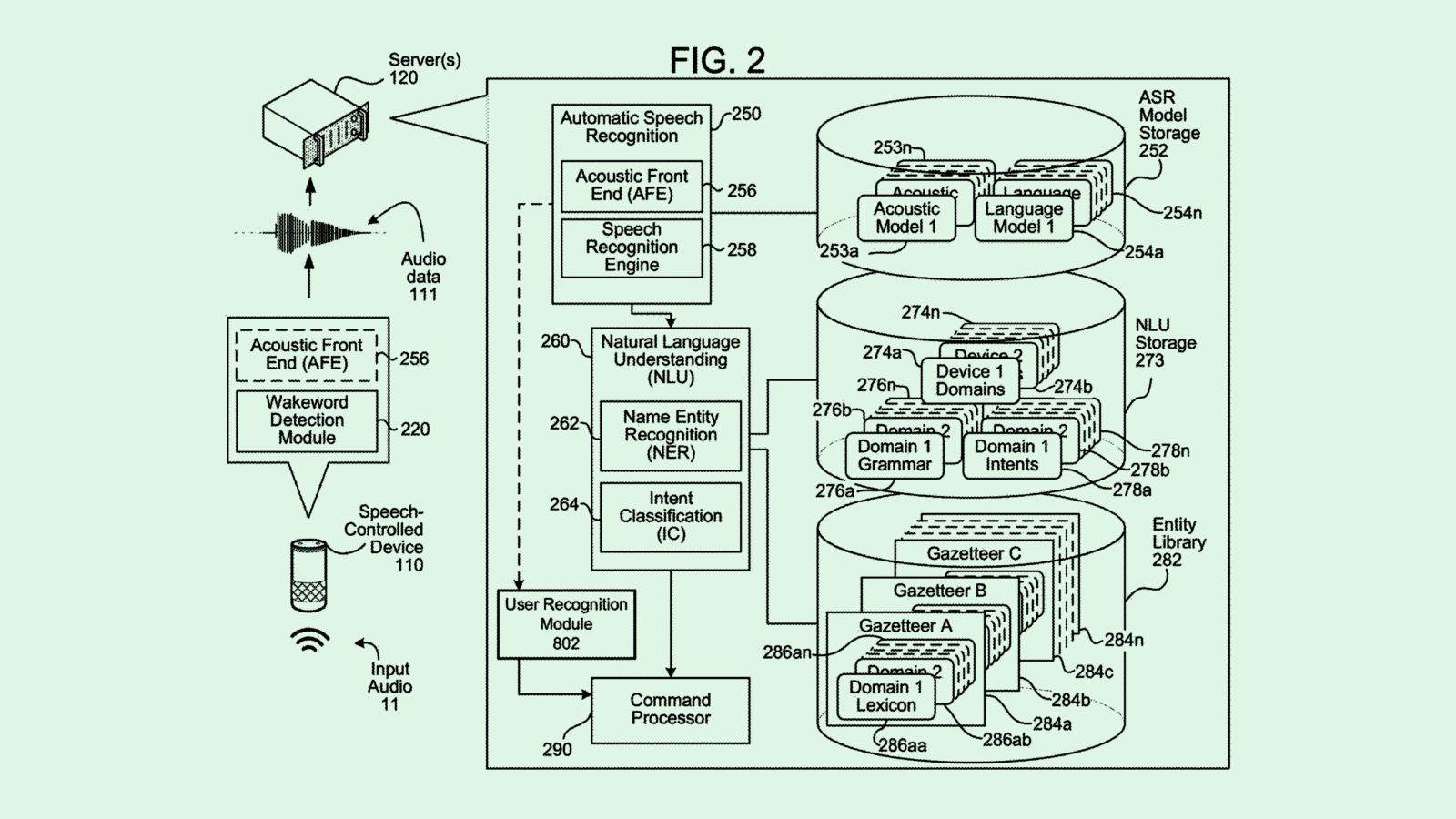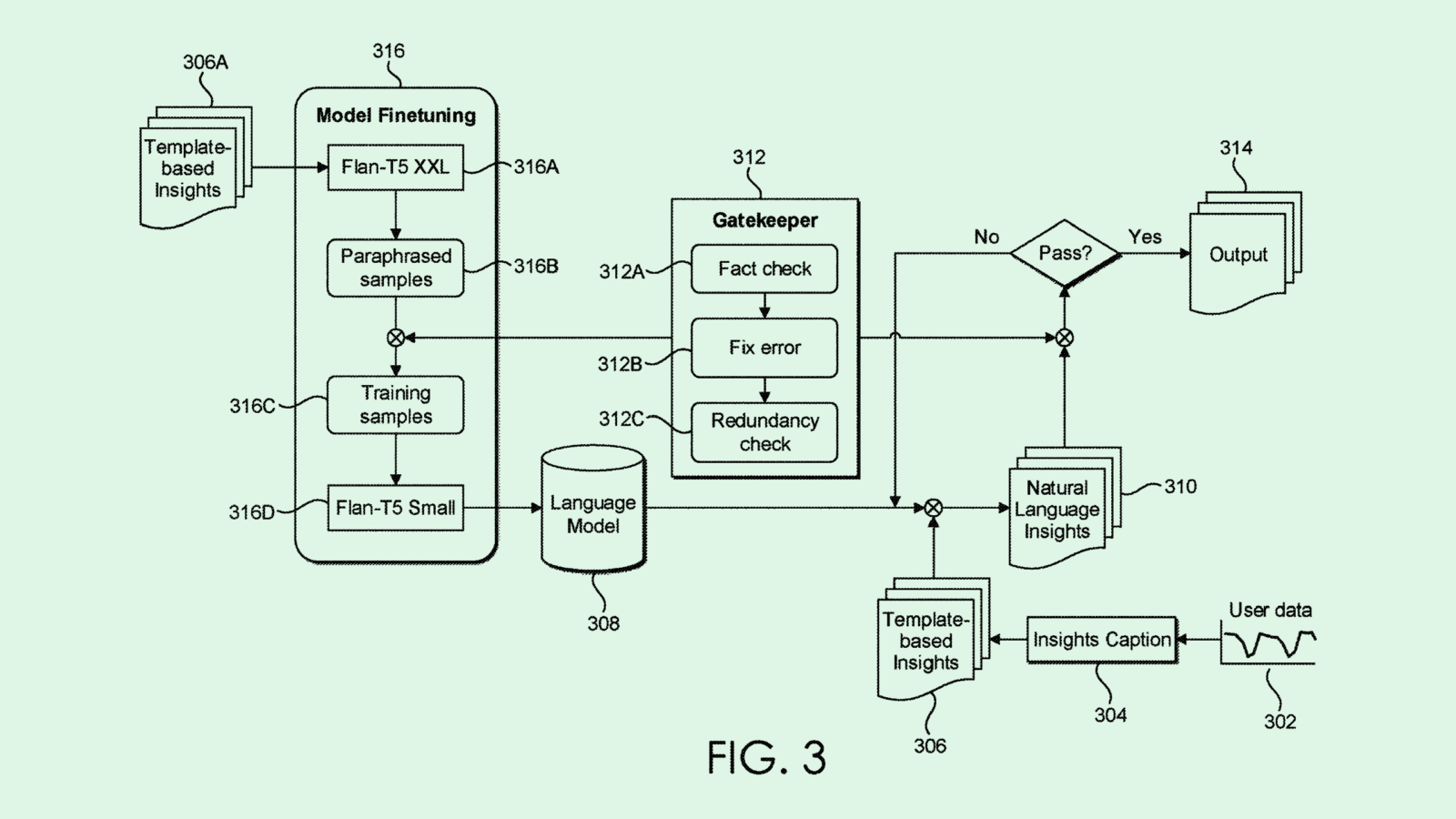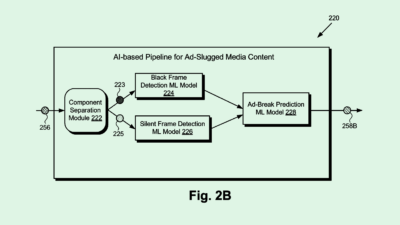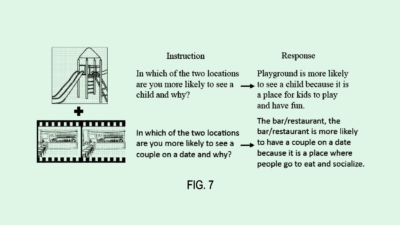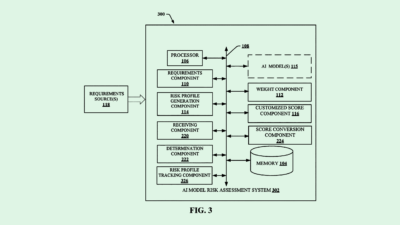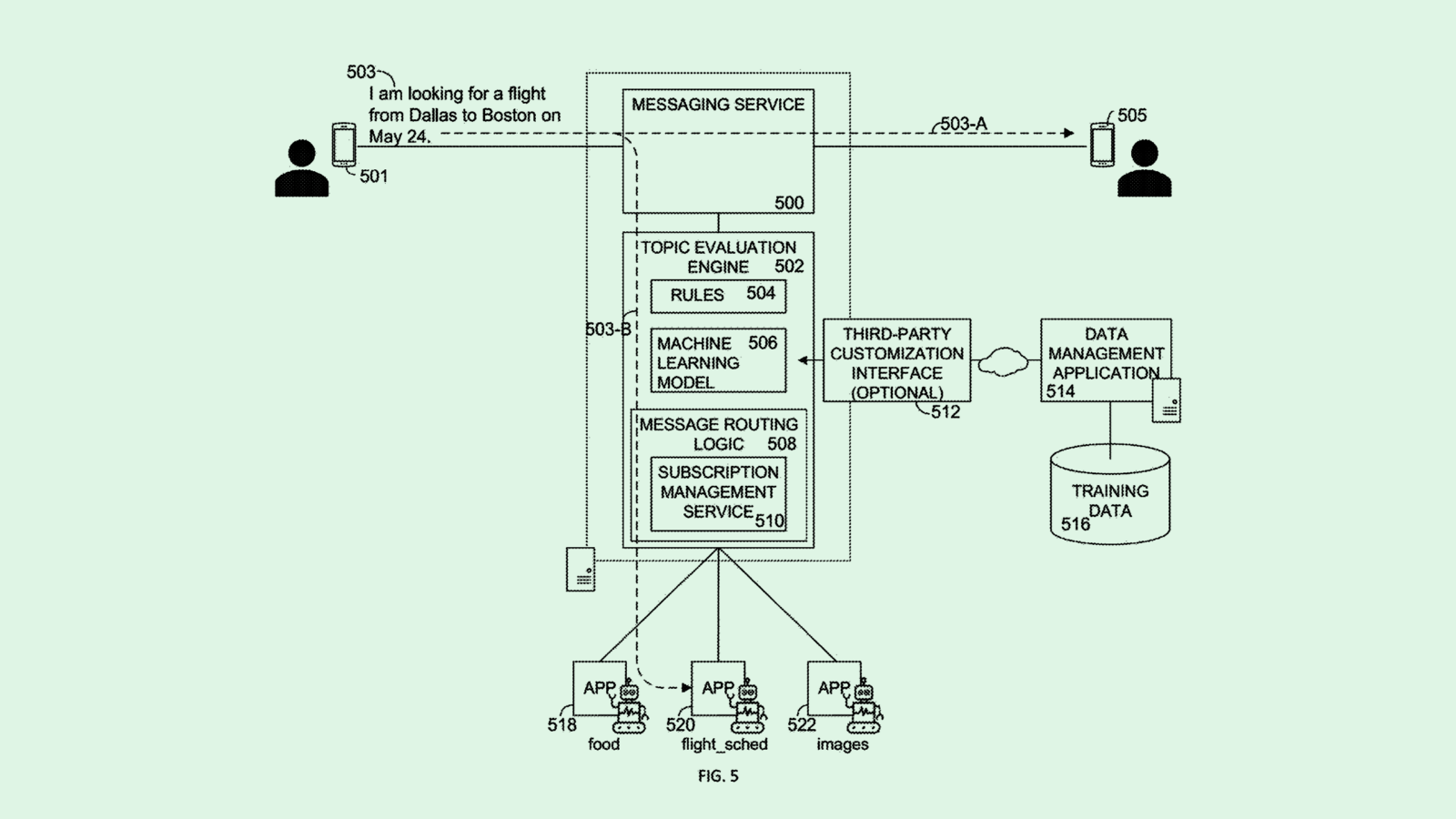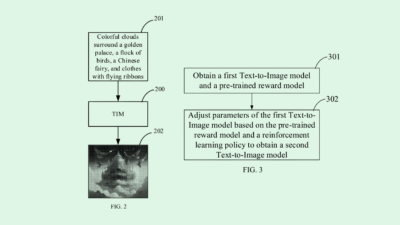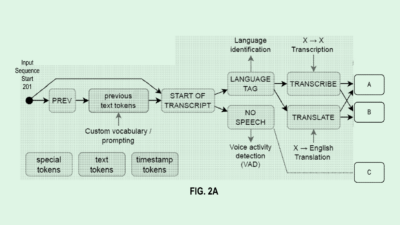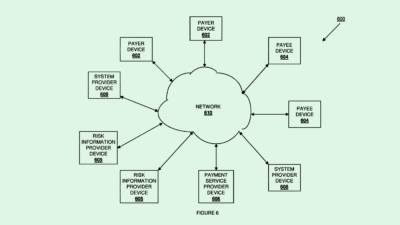Mastercard Sees Double
Mastercard performs an AI balancing act to sniff out was is and isn’t fraud.
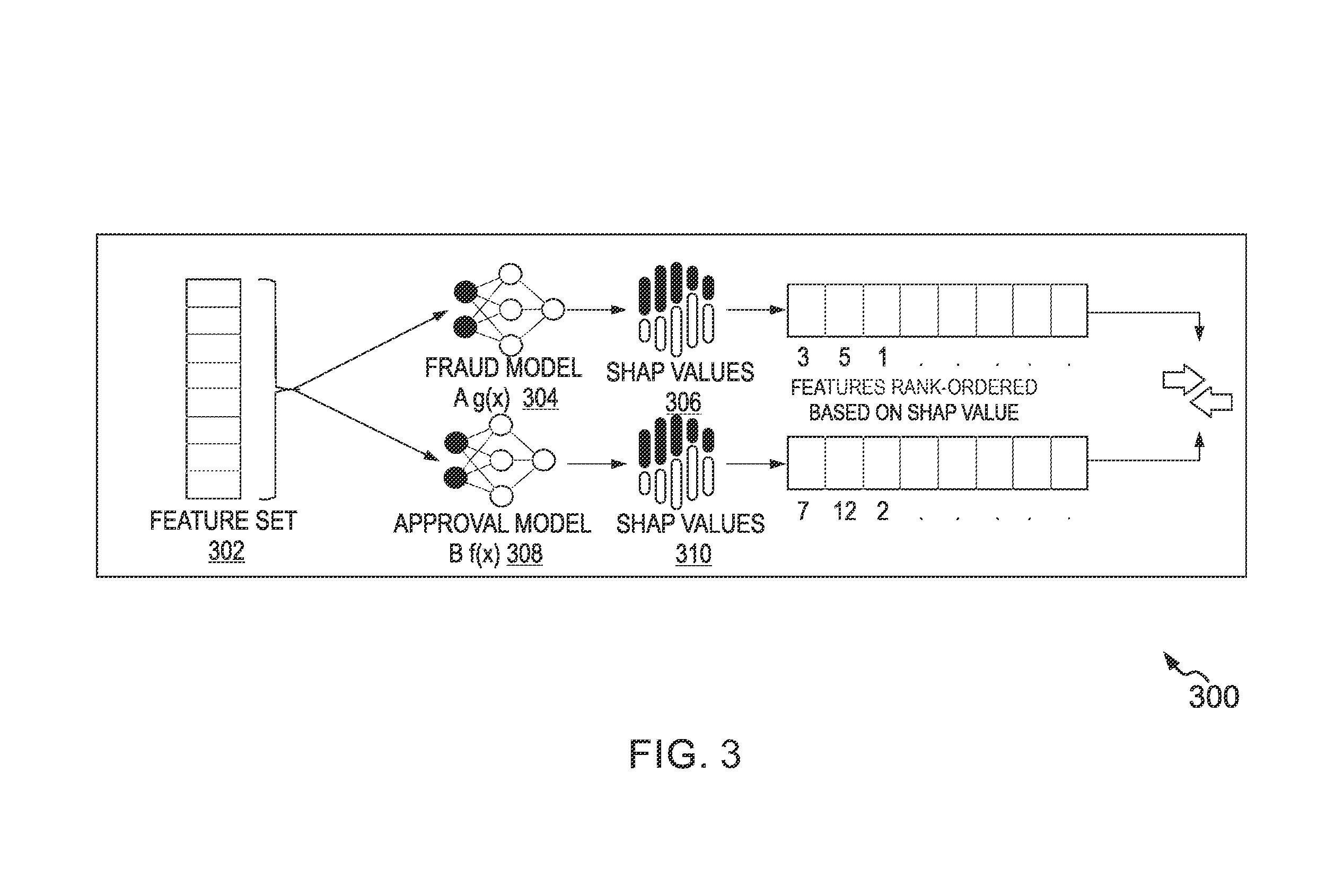
Sign up to uncover the latest in emerging technology.
Mastercard really wants to get your approval – so much so that it’s using double the AI to sniff out what’s fraud and what isn’t.
The company filed a patent for neural network tech to increase approval rates of payment transactions. This tech uses two neural network-based models to correctly identify fraud. First, a payment goes through a fraud AI model to compare the features of the transaction (i.e., time, location, amount or currency) to historical payment data which then determines whether or not a transaction was fraudulent.
The transaction then goes through the approval model, which determines recommended “unutilized transaction features” – or explanations of why a certain transaction may seem unusual – to decide whether or not it’s approved or declined.
For instance, if you use a new card to buy a train ticket in Europe, but you live in Los Angeles and haven’t used the card for any other international purchases, this system might take into account the time and location that this purchase was made to let it through. Essentially, this tech cuts down on the gray area between what is and isn’t labeled as fraud.
“Due to fraudsters, the payment transactions are not completely secure and the merchants are advised to take additional precautions when accepting the payment transactions to avoid any liabilities such as chargeback,” Mastercard noted. “Issuers also utilize certain authentication models or fraud scoring models for payment transactions that may sometimes decline legitimate payment transactions.”
It’s not news that credit card companies and financial institutions are using AI to fight fraud: PayPal is using AI to similarly track transaction features and keep customers’ money out of the wrong hands, and Mastercard itself is working on neural networks to teach users to spot phishing attempts.
But this patent filing almost does the opposite, as it tries to pull back the reins on oversensitive AI by sniffing out when things aren’t fraud. Given the company makes its money through credit card transaction fees, AI that’s ready to decline transactions at the slightest provocation isn’t exactly helpful.
Mastercard pointed out in the patent application that declining legitimate payment transactions “leads to significant losses in financial revenue for everyone in the payment ecosystem,” including the merchant, the card issuer and the financial institution. Additionally, the company noted that wrongfully declining transactions can have intangible adverse effects, as it may discourage a customer from using that card for future payments.
“Cardholders may avoid using a particular payment card, if they experience many such declinations,” Mastercard said in the filing. “Eroding cardholder trust thus, leads them to stay away from using the particular payment card from the issuer for months or more, and they may even never use that particular payment card again.”
If Mastercard’s patent tells you one thing, it’s that implementing AI is a balancing act that financial institutions and beyond are still trying to master.
Have any comments, tips or suggestions? Drop us a line! Email at admin@patentdrop.xyz or shoot us a DM on Twitter @patentdrop. If you want to get Patent Drop in your inbox, click here to subscribe.
